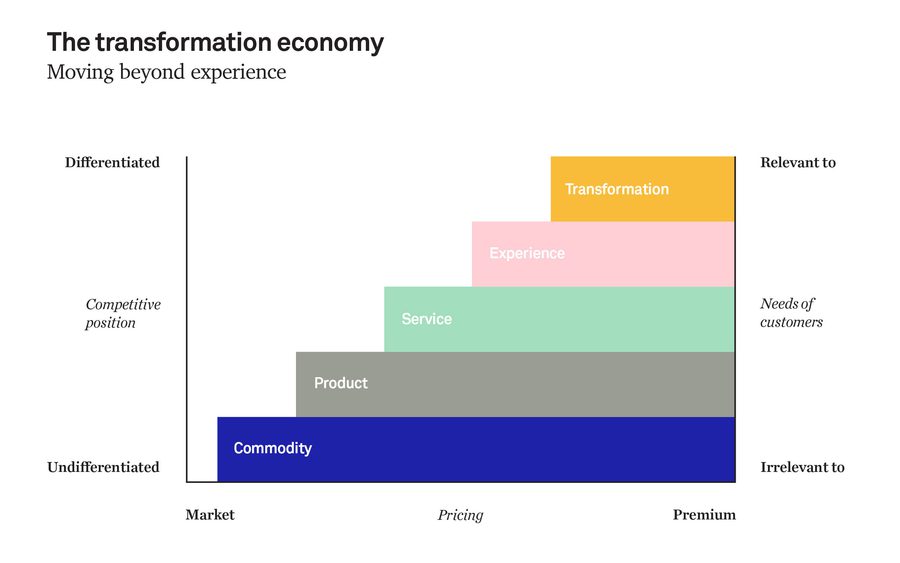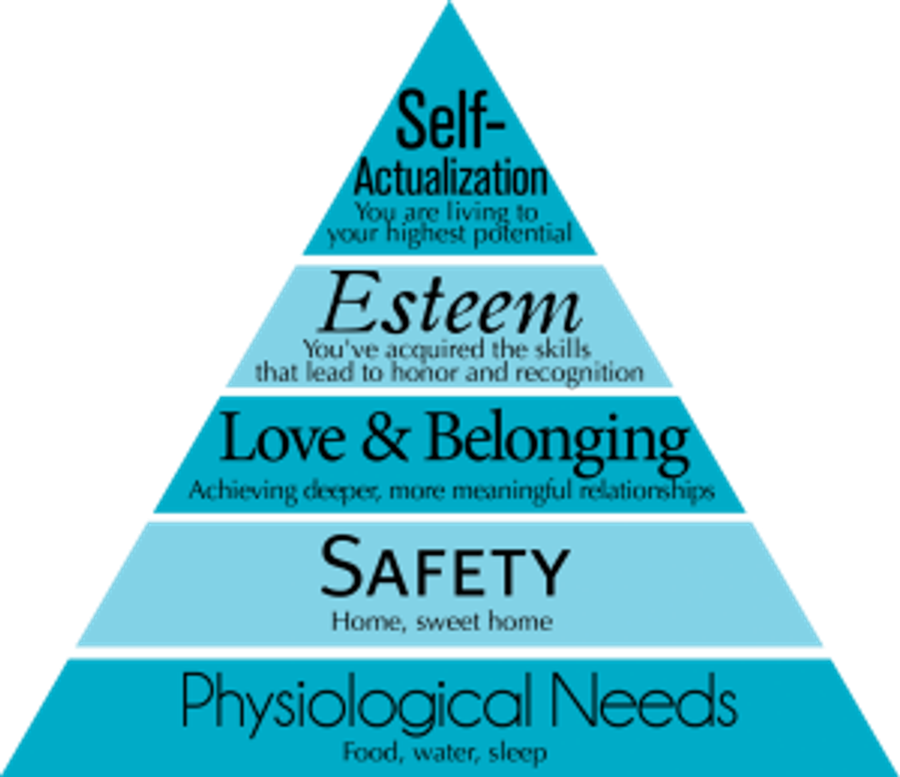But what does this mean for brands?
In order to tap into the Transformation Economy, brands need to deliver an emotional experience that will enhance the lives of their customers on the continuous journey to self-actualisation. It’s no longer enough to offer a product or service; brands must frame their offer within the idea of enhancement.
The evolution from the Experience to the Transformation Economy
Our identities still derive from lifestyle choices, specific brand affiliations and niche interests. As a result, consumers are seeking authenticity and engagement within the Experience Economy, where shared and memorable experiences are valued over possessions.
In order to become recognised players within the Experience Economy, brands need to deliver on all the Six Principles (Purpose; Personality; Place; People; Product; Process) we identified in our How to Engage piece. The foundation of a winning brand is its purpose and this is then communicated through all the brand’s channels.
In order to build deep connections, brands need a strong purpose, a ‘why’, that customers can identify with, something that genuinely aligns with their own beliefs. As we learned from Simon Sinek in his inspiring book Start with Why: ‘People don’t buy what you do, they buy why you do it.’
Transformational brands push the Experience Economy one step further by forming a lasting, long-term relationship with the customer that goes beyond a single in-store experience. It’s essential that these brands create personal meaning for their audiences in order to maintain these relationships.















